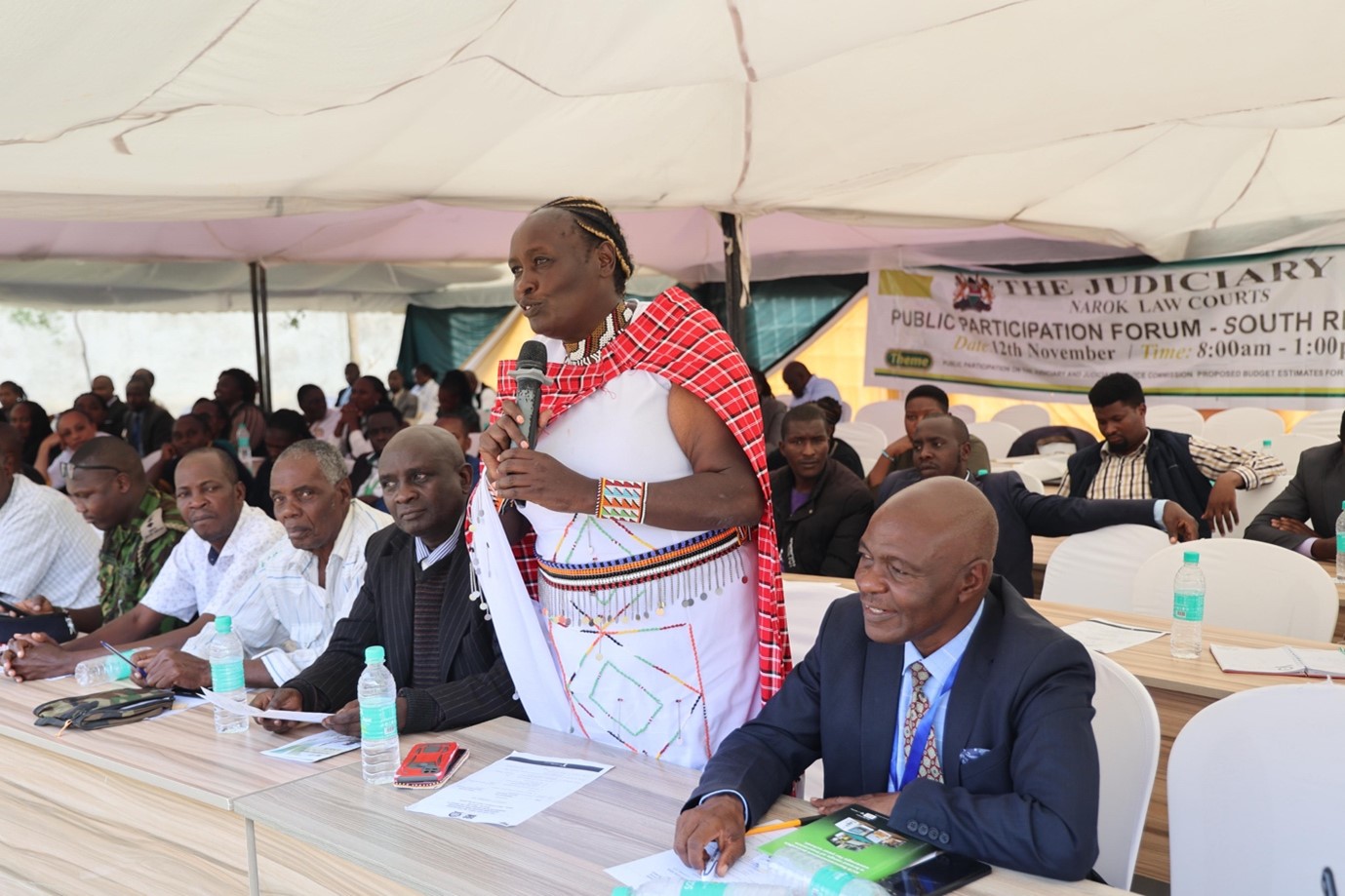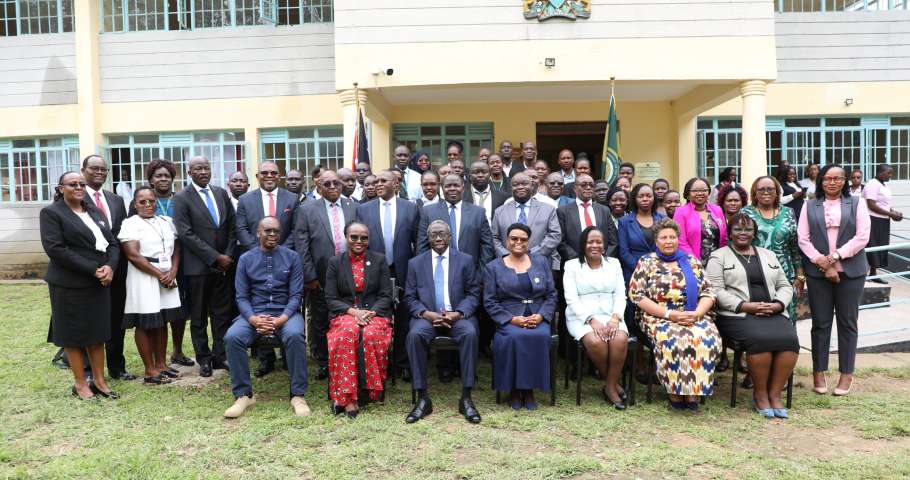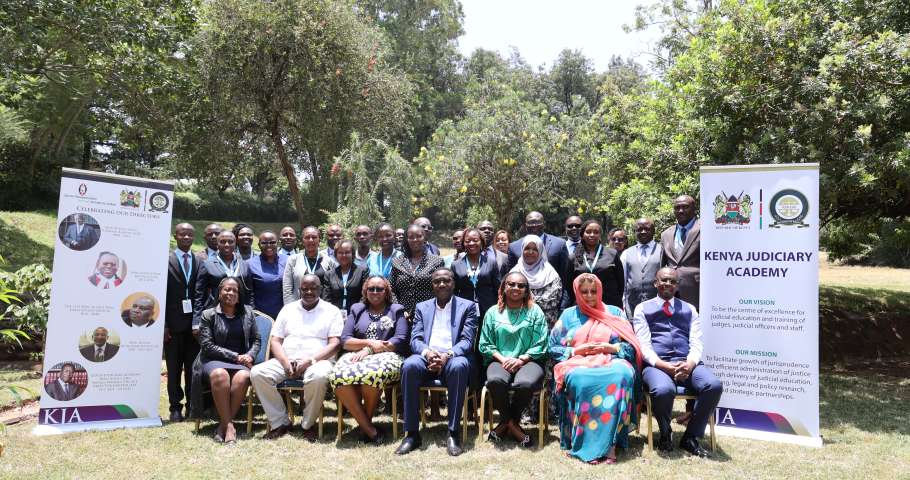In line with Article 201(a) of the Constitution and Section 37(5)(a) of the Public Finance Management Act 2012 – which mandate public participation in financial decision-making – the Judicial Service Commission (JSC) and the Judiciary prepared budget estimates for the Fiscal Year 2025/26 and the medium-term period (2025/26–2027/28). To fulfill this requirement, public hearings were held in Kitui, Narok, Kisii, Isiolo, and Nairobi.
Public participation in the JSC & Judiciary budgeting process is a key constitutional requirement that ensures stakeholders, particularly at the Court station level, are actively involved in identifying development needs and proposing homegrown solutions to address challenges. This process promotes inclusivity by encouraging greater ownership of planned programs and fostering active citizen participation in their implementation which ensures that the budgeting process reflects the realities and priorities of the people.
Additionally, it enables stakeholders to better understand resource limitations and the prioritization of programs, while also creating a platform for public feedback on the effectiveness of resource allocation. This approach enhances transparency and accountability, ensuring that the budgeting process aligns with the needs and expectations of the public.
Through these engagements, the JSC and the Judiciary demonstrate their commitment to upholding the principles of inclusivity, transparency, and accountability, as enshrined in the Constitution, while ensuring that the Judiciary continues to deliver justice effectively and equitably across the country.


